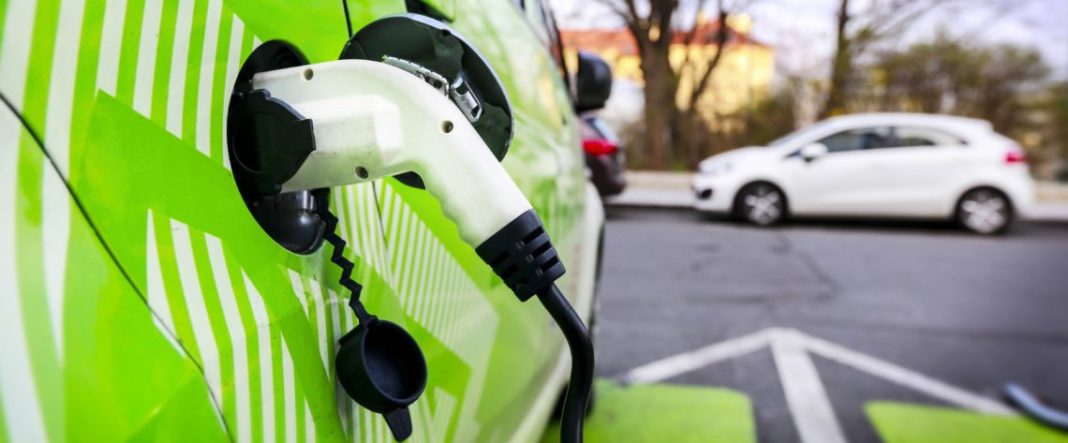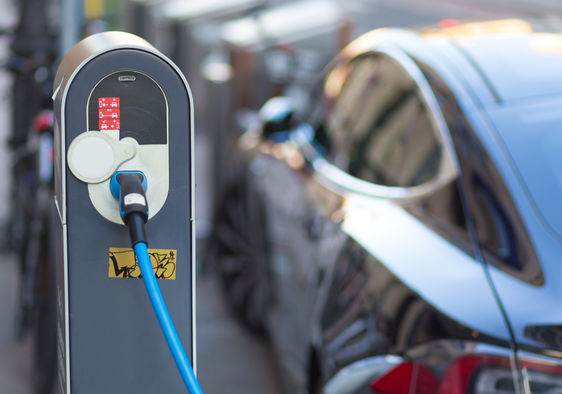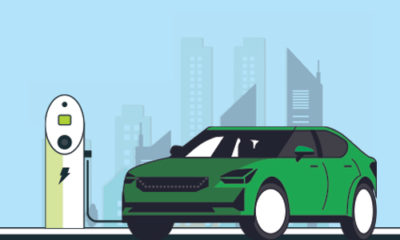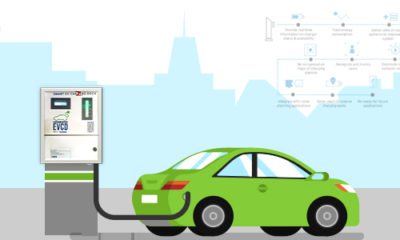News
Multiple pitfalls block mass adoption of EVs


- Consumers too have begun to recognize the numerous advantages that the EVs offer like low operating cost, smooth operation, better acceleration, and, of course, zero emissions.
- To compete with conventional fossil fuel-based vehicles, EVs require a battery that is low in cost, provides better performance, and has a longer range.
- The average cost of an electric car in India is around Rs 13 Lakh, way higher than the average price of Rs 5 lakh for an economical car run on traditional fuel.
- Taking into account the alarming pollution levels in cities, switching to green sources of energy consumption is the only solution and electric mobility is one sure way of attaining that.
“Electric cars would no longer be a luxury but a necessity in the country. The Government is pushing electric mobility doggedly, the industry is making serious efforts in this regard and the consumers have also realized the importance of switching over to EVs. But a plethora of shortcomings in the current scenario far outweighs the advantages that electric vehicles offer. Here’s a look at the manifold disadvantages and a possible way out.”


The EV scenario opens itself to a huge dilemma in our country. With technological advancements, rising feasibility, and an aggressive push from the Government; matched by concerted industry efforts, the interest in electric vehicles is mounting and the demand is also picking up, though slowly. Consumers too have begun to recognize the numerous advantages that the EVs offer like low operating cost, smooth operation, better acceleration, and of course, zero-emission.
But despite these manifold benefits, there are also hordes of shortcomings in these vehicles of the future. The disadvantages include high vehicular cost, limited driving range, longer charging time, and an inadequate charging infrastructure. And that’s what is posing a serious dilemma in the minds of prospective customers, thereby hampering the adoption of EVs at a pace it should.
To compete with conventional fossil fuel-based vehicles, EVs require a battery that is low in cost, provides better performance, and has a longer range. The consumers who love long-distance road trips are highly unlikely to opt for an EV because of their fear of being stranded midway with no charging station around. Lack of proper charging infrastructure is one of the main reasons for people not investing in electric vehicles.

But as the industry moves further, many of the shortcomings are also likely to get sorted. With more and more companies coming up with fresh EV models, it is expected that an increase in the number of options will also widen the customer base. With limited, and expensive, options available at present, it is unlikely that the Indian households would opt for electric variants. Today, an EV’s battery, power electronics, and motors can cost as much as six to seven times that of a conventional engine-vehicle. The mass adoption of electric vehicles will not happen unless the gap between the upfront prices of electric and ICE vehicles is bridged to acceptable levels.
As mentioned earlier, higher cost, range anxiety, lesser options, and inadequate infrastructure are making EV buying a tough decision for an Indian household. But it is also a harsh truth that in the near future, e-mobility would no longer be a luxury but a necessity in the country. Taking into account the alarming pollution levels in cities, switching to green sources of energy consumption is the only solution and electric mobility is one sure way of attaining that.

However, considering the various factors coming in the way of mass adoption of EVs, the only way out is for the Government, manufacturers, and, most importantly, the buyers to work together and create an ecosystem where zero-emission cars can become more acceptable and feasible.
-



 News3 weeks ago
News3 weeks agoKW Delhi 6 Mall Onboards New Brands
-



 News4 weeks ago
News4 weeks agoManasum Senior Living Launches IKIGAI GOA, A Senior Living Community in North Goa, in collaboration with Prescon Homes
-



 News2 weeks ago
News2 weeks agoGodrej Properties Sells Rs 3k cr+ Homes of Godrej Zenith, Gurugram, within 3 days
-



 News4 weeks ago
News4 weeks agoBridging India Divide: Top 5 Tier- 2 Cities to Focus On
-



 News3 weeks ago
News3 weeks agoCommercial Realty Gets Tech Savvy: Fast Construction, Enhanced Convenience
-



 News4 weeks ago
News4 weeks agoMultipoint Connection – A Definite Boon
-



 News3 weeks ago
News3 weeks agoRBI’s Status Quo on Key Policy Rates to Help Maintain the Real Estate Growth Momentum, Say Industry Stalwarts
-



 News1 week ago
News1 week agoOlive Announces Dhruv Kalro as Co-Founder
























